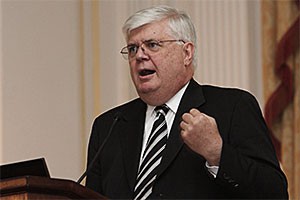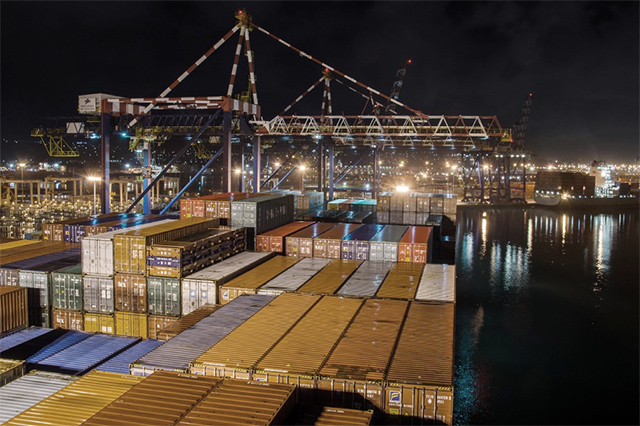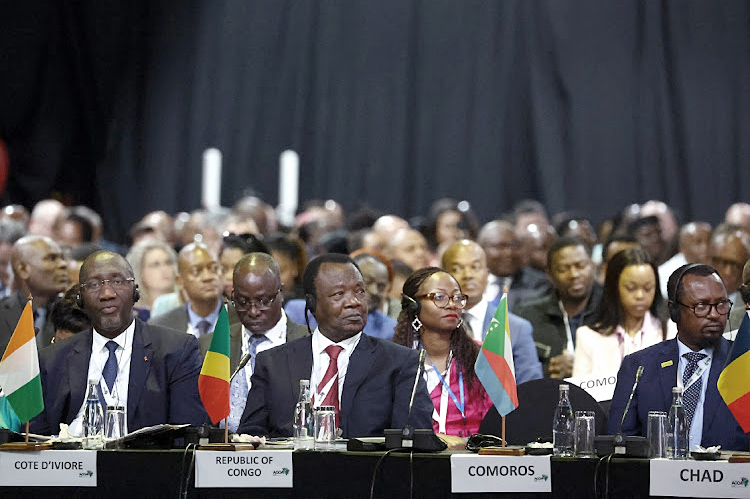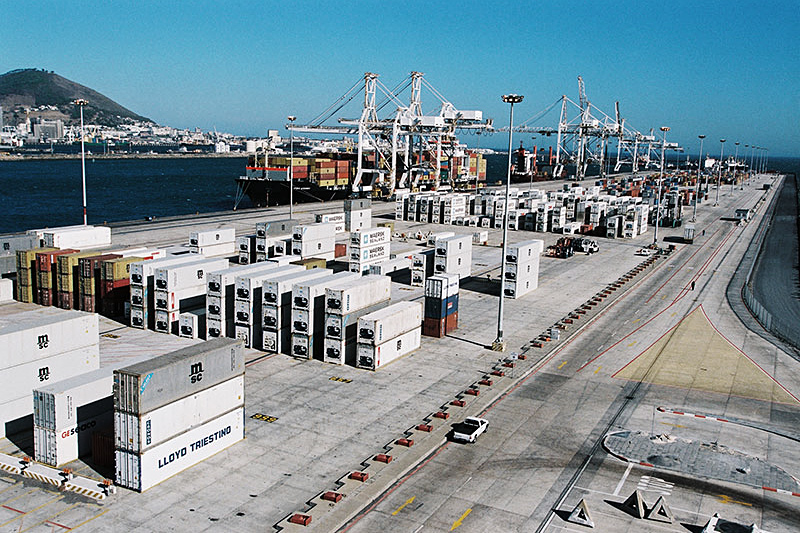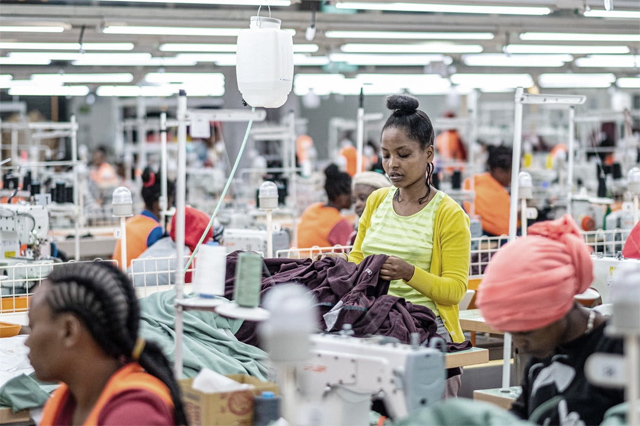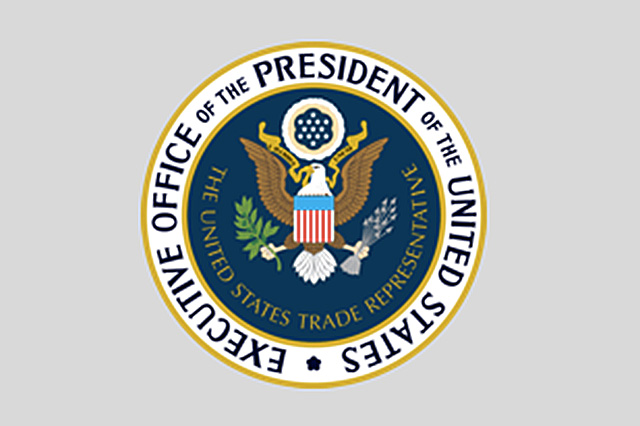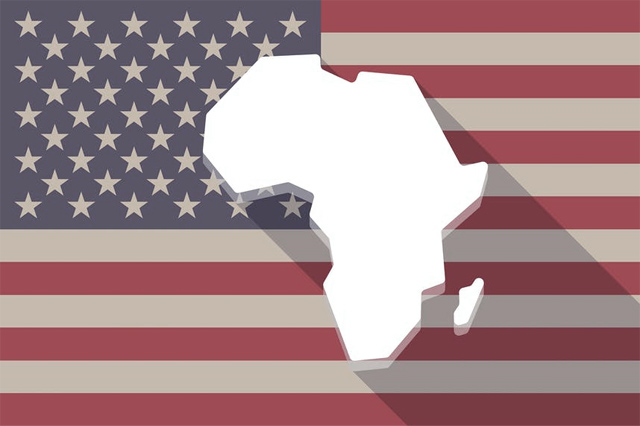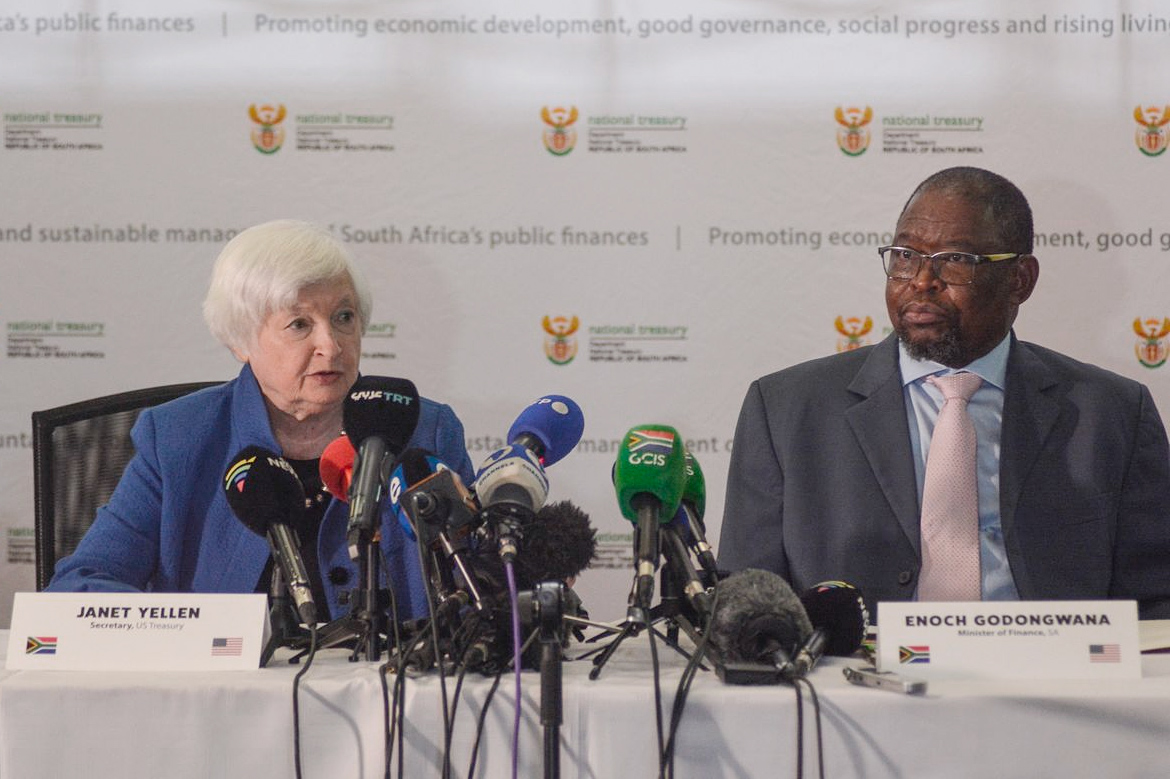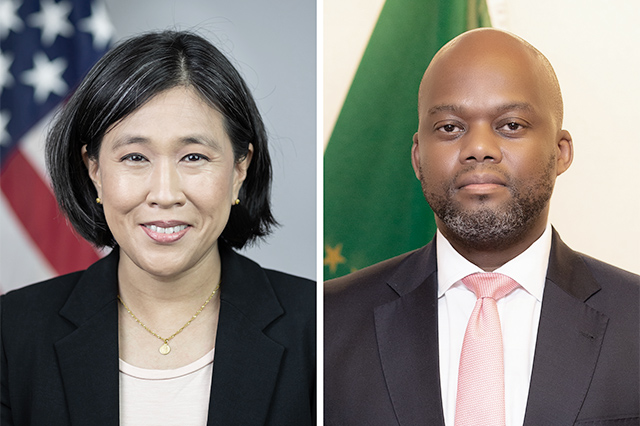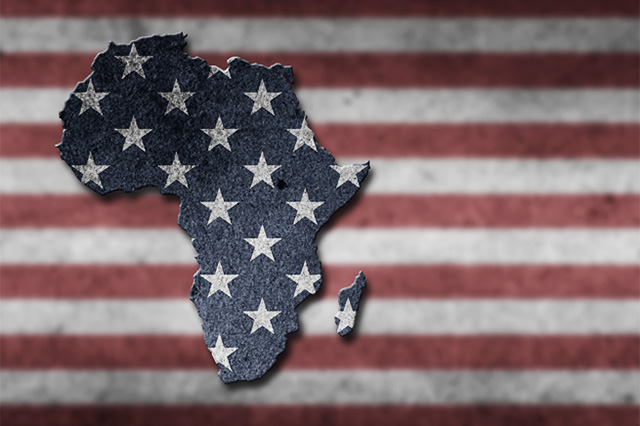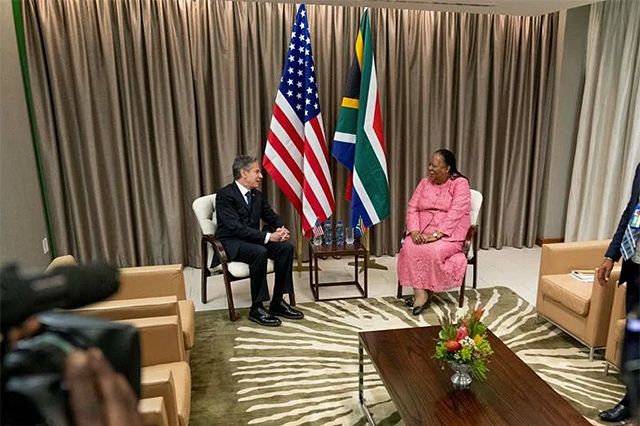What we know and don't know about trade with Africa
On September 30, United States Trade Representative Michael Froman wrote a letter to Irving Williamson, chairman of the International Trade Commission, regarding the African Growth and Opportunity Act. In the letter, Froman requested that the International Trade Commission conduct four investigations and provide four reports related to AGOA and our trade relationship with Africa.
The results will likely bring sanity to our approach to trade with Africa, and it may very well force changes in how we develop future trade agreements and policy with the second largest land mass on our planet, not to mention with more than a quarter of the world's countries.
To understand the significance of the letter, one has to understand AGOA, legislation passed by the U.S. Congress in 2000 that was designed to allow African economies far greater access to the United States market, seemingly duty-free. At the time, some likened AGOA to the North American Free Trade Agreement passed during the Clinton administration. It wasn't close to NAFTA in its terms, but since it was the first major legislation ever adopted by the U.S. Congress on behalf of its relations with the African continent, there was understandable euphoria about its passage and hyperbole about its likelihood to significantly affect the economic and political development of Africa.
To the African lobby in Washington, AGOA became a point of pride and accomplishment. Very quickly, it became politically incorrect to question the benefits of AGOA without being attacked as anti-Africa or worse. Later, under President Bush, AGOA legislation was further strengthened, with the intent to increase exports from Africa to the United States. Objective critique became even more difficult given clear bipartisan support. Groupthink became the rule in Washington.
Now, 13 years later, there are few if any who would say that AGOA has been an unqualified success. The apparel industry in Africa has been a primary beneficiary of AGOA, as has South Africa, which has exported car parts and textiles to the United States duty-free. Some might argue that China has also been a major beneficiary of AGOA, since it owns many of the textile and apparel plants in Africa that are shipping duty-free products to the United States.
However, beyond that there has been little benefit for most countries who are qualified as AGOA-certified. The reason for that is less the legislation but the fact that most African countries do not have the infrastructure or the capacity, including trained workforces, to use AGOA effectively. Furthermore, many African nations have been slow to reform their economic sectors, inhibiting more private sector development and limiting the possibility for investment.
This is hardly a secret, and is discussed openly everywhere but in the halls of Congress. In fact, a recent British study noted that AGOA has largely not affected African development, and stated unequivocally that except for the apparel industry, very few economic sectors in Africa benefited from AGOA.
Yet, here we are again, advocating for the extension of AGOA for another 10 years or longer, arguing that Africa only needs time to develop in order to use it effectively. This argument has a certain logic to it. Eventually Africa will develop and it will be able to use AGOA.
There are also those that argue for the extension of AGOA because, well, we really have nothing better to replace it with, and to have a new overreaching agreement that might work better will probably not be feasible in such a contentious Washington political environment. To abandon AGOA is to be seen as abandoning Africa.
Indeed, it would be difficult to say we weren't abandoning Africa if we scotched the only significant trade agreement we ever had with the continent. The symbolism and reality of that would be very difficult to bear for the African lobby in Washington. The argument to extend AGOA is an emotional one as much as it is a rational one.
Enter the Froman letter. The first investigation that Froman asks ITC to complete within six months is a report that includes a review of all literature on the AGOA preference program, particularly "in terms of expanding and diversifying the exports of AGOA beneficiary countries to the United States, compared to preference programs offered by third parties such as the EU." He also asks ITC to give an accurate report on the sectors that have increased the most in exports to the U.S., excluding petroleum sectors. He asks ITC to explain why these increases are so, as well as to identify factors that affect competiveness in AGOA-beneficiary countries.
The reason that petroleum products are excluded in the analysis is that USTR and others count petroleum products in the AGOA total, and petroleum makes up 93 percent of this total. However, some believe that petroleum should not be counted, as it was nearly tariff free before AGOA, and has been effected very little by being placed under AGOA. The purpose of AGOA was to increase and broaden economic benefits beyond petroleum. Froman's request to ITC takes out a misleading figure and focuses on the real intent of AGOA: the development of other economic sectors throughout Africa.
Froman also asks that in the first investigation, ITC identify the effects AGOA has had on the business climates in AGOA-beneficiary countries (not all African countries qualify under AGOA but that is another issue), and finally, he asks for a comparison of trade agreements to AGOA between sub-Saharan African countries and other countries, including areas that are likely to affect U.S. trade with Africa. Noteworthy is that Froman asks that this report will be available to the public in its entirety. There will be one hymnal from which all can sing.
The report should go a long way in giving an objective analysis of AGOA, both its benefits and shortcomings, and it should then allow Congress, the USTR and others to develop a more effective trade policy towards sub-Saharan Africa, filled with more substance and objectivity and far less emotion and bias. Any new trade policy on Africa, whether it be called AGOA or any other name, should address the causes that prevent greater trade and economic investment in development.
Stephen Hayes is president and CEO of the Corporate Council on Africa.


